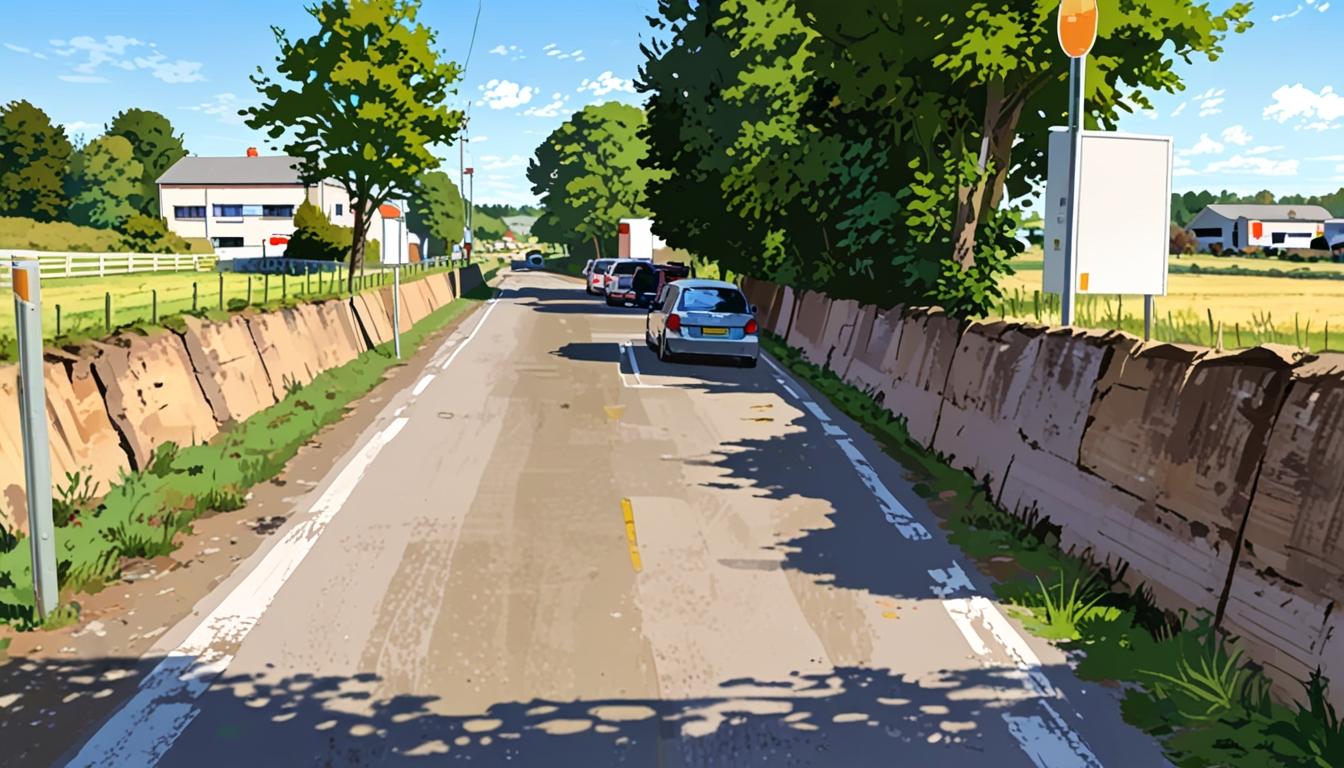Plans to construct a new school for children with special educational needs (SEN) have been refused due to concerns over road safety and accessibility. The proposed Conquest Drove SEN school, intended to serve up to 25 young people aged seven to 18 with learning disabilities, was set to be located on Conquest Drove in Farcet. The project was put forward by Danex Properties Ltd.
The school was designed as a one-storey facility aimed at providing much-needed SEN support in the Huntingdonshire and Peterborough areas. Danex Properties described the project as a “unique facility” that would address a gap in the region’s educational provision.
However, Huntingdonshire District Council declined to grant planning permission, citing insufficient information to ensure the development would not cause “detrimental impacts on highway safety.” The decision was later upheld by a planning inspector after the developer lodged an appeal against the council’s refusal.
The planning inspector highlighted significant concerns over the site’s accessibility. The location’s single-track road nature was considered unsuitable for the volume and type of traffic expected. The inspector noted that the school would likely rely heavily on car transportation, as many pupils would be unable to walk or cycle to the site.
An important point raised was the limited availability of parking and drop-off spaces. The scheme included only eight parking spaces, two visitor spaces, and a minibus drop-off zone. However, no designated area was available for parents or carers to safely drop off or pick up students. This, the inspector said, could lead to hazardous situations with vehicles reversing onto the main carriageway or parents waiting on the road, impeding traffic flow and raising safety risks.
The inspector detailed, “There is no drop off/pick up area for parents/carers vehicles proposed in the scheme, which means that once entering the site, drivers may have to reverse back out onto the carriageway and other parents may be forced to wait on the road while the vehicle leaves the site. Alternatively, drivers may park on the road for a short time and then use the access to turn round, reversing back onto the carriageway. Either way, this raises highway safety concerns.”
It was further noted that approximately 40% of the students might be transported via minibus, yet around 15 pupils would still need private car transport. Alongside staff vehicles, this level of traffic was deemed unacceptable for Conquest Drove given its road infrastructure.
The planning inspector acknowledged the potential benefits of situating a school in a quiet countryside setting for certain children but stated this did not override the safety and accessibility issues. The inspector also mentioned a lack of evidence regarding the specific local demand for this type of school. Additionally, they referenced council information indicating plans to increase special education provision and reduce dependency on independent special schools, except where already established or in exceptional circumstances.
In conclusion, the inspector dismissed the appeal to overturn the council’s refusal, citing that the site was unsuitable for the development, primarily due to the road safety and accessibility concerns.
The Cambridge News is reporting that the refusal reflects an emphasis on the practical challenges of integrating specialised educational facilities within rural or less accessible areas, with authorities prioritising road safety and infrastructure readiness in their decision-making.
Source: Noah Wire Services
